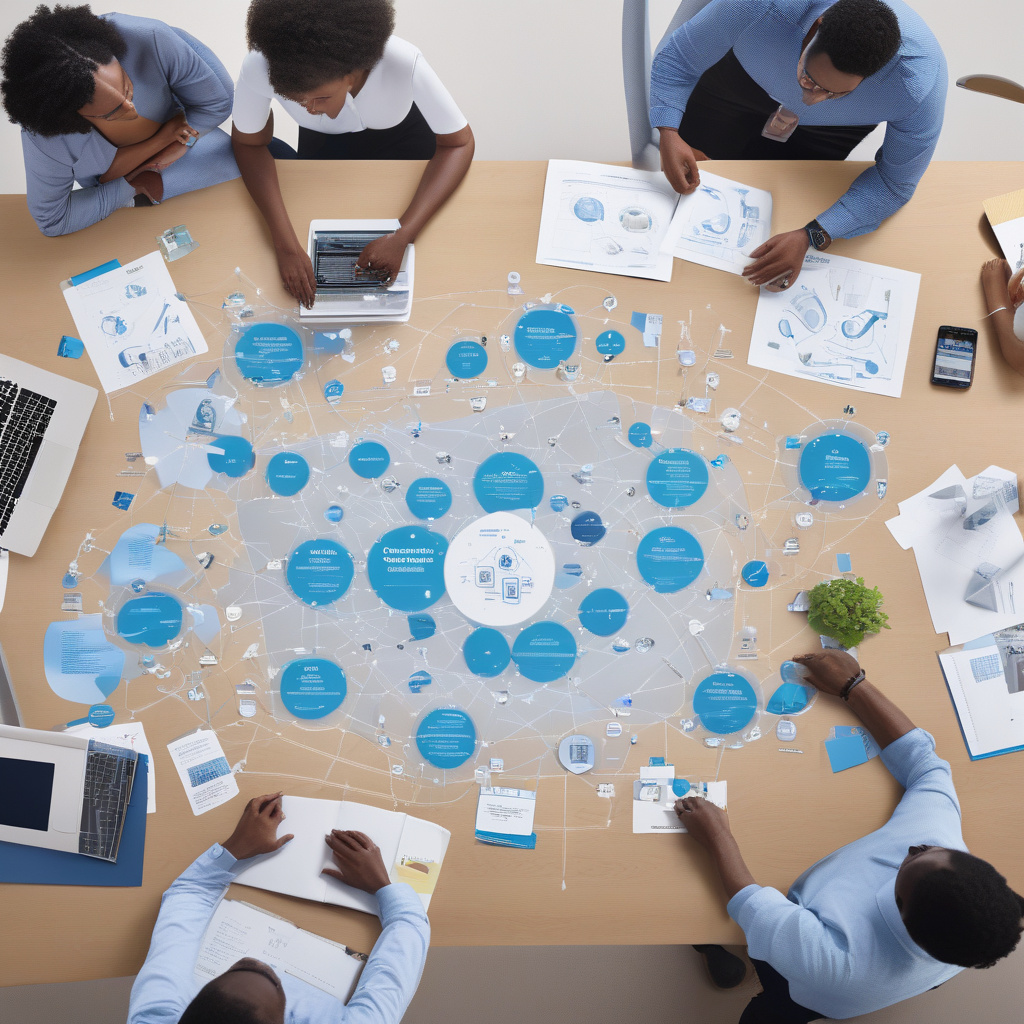In the realm of Integration Platform as a Service (iPaaS), the 2025 Gartner Magic Quadrant report has brought to light a significant paradigm shift. Gone are the days of conventional vendors and service bus-centric architectures reigning supreme. Instead, a new era is dawning, characterized by the fusion of low-code platforms, artificial intelligence (AI), and agentic automation.
Historically, the iPaaS landscape revolved around cloud-to-cloud and hybrid integration solutions. However, the current narrative is steering towards a more unified domain that encompasses workflow automation, robotic process automation (RPA), and AI orchestration. This nuanced evolution outlined in Gartner’s latest assessment holds profound implications for IT leaders, architects, and developers aiming to synchronize their integration approaches with the forthcoming wave of business metamorphosis.
The emergence of low-code platforms within the iPaaS sphere signals a departure from traditional development methodologies. These platforms empower users to create applications with minimal coding, accelerating the delivery of integration solutions. By leveraging low-code tools, organizations can streamline their workflows, enhance productivity, and swiftly adapt to evolving business requirements.
Artificial intelligence (AI) is another cornerstone of the contemporary iPaaS landscape. AI capabilities embedded within integration platforms enable intelligent decision-making, predictive analytics, and cognitive automation. With AI-driven functionalities, businesses can automate repetitive tasks, optimize data processing, and gain valuable insights to drive informed decision-making processes.
Agentic automation represents a paradigm shift in integration technologies, where autonomous agents execute predefined tasks without human intervention. This form of automation leverages machine learning algorithms to mimic human actions, enabling seamless interaction with disparate systems and applications. By embracing agentic automation, organizations can achieve unparalleled operational efficiency and agility in their integration processes.
The convergence of workflow automation, robotic process automation (RPA), and AI orchestration signifies a holistic approach to integration. This integrated framework empowers organizations to automate end-to-end business processes, orchestrate complex workflows, and leverage AI-driven insights for strategic decision-making. By unifying these diverse elements, businesses can unlock new opportunities for innovation, efficiency, and competitive advantage.
In conclusion, the 2025 Gartner Magic Quadrant for iPaaS heralds a new era of intelligent automation within the integration landscape. By embracing low-code platforms, artificial intelligence, and agentic automation, organizations can pave the way for seamless integration, enhanced productivity, and transformative business outcomes. As IT professionals navigate this evolving terrain, staying abreast of these trends will be paramount in shaping successful integration strategies for the future.


